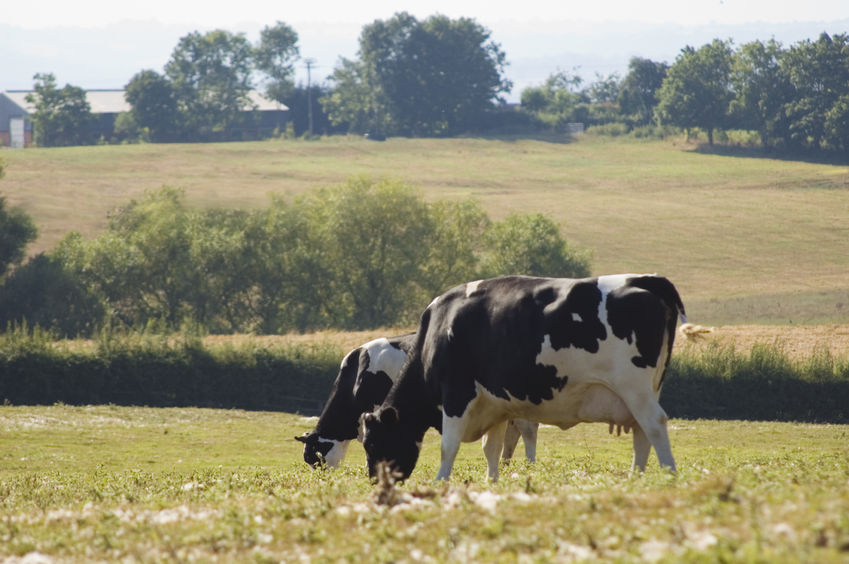Government announces compulsory milk contracts and £10m collaboration fund

The government has announced a range of measures including compulsory milk contracts and £10m collaboration fund to provide greater security for dairy farmers.
The fund of up to £10 million has been announced today (16 February) as part of a series of measures to help farmers and small producers compete alongside larger businesses in the food supply chain.
The government fund will be designed in consultation with the farming industry and will work by bringing together those interested in co-operation.
These groups will be supported by the funding to formally establish, develop or expand, so that farmers and growers can take advantage of new market opportunities to help business grow.
Defra says collaboration between farmers can bring "substantial economic benefits", enabling farmers to benefit from economies of scale, share knowledge and jointly market their produce.
The move was announced today in the Government response to the consultation on the remit of the Groceries Code Adjudicator (GCA), along with a range of other measures which will come into force to help protect the rights of farmers and small producers.
Milk contracts
These include introducing compulsory milk contracts between producers and purchasers to help protect dairy farmers by setting out terms.
This includes the price for the delivery of milk, the timing of deliveries, the duration of the contract, details of payment procedures, and arrangements for collecting and delivering raw milk.
A requirement that slaughterhouses use a standard grid for the classification of sheep carcasses to help ensure farmers are paid per carcass in a more transparent manner has also been announced, which is hoped will provide more certainty for farmers in the price they will get for their animals.
A commitment has been made to work with the farming industry to explore improving transparency and access to prices along the supply chain, to help farmers and small producers see if they are getting a fair deal for their produce.
An assessment from the Competition and Markets Authority into whether more grocery retailers could come under the remit of the GCA, Defra has announced, and tackling late payments by highlighting to farmers and small producers the role of the Small Business Commissioner.
'Transparency and integrity'
Announcing the measures, Farming Minister George Eustice said the package of measures is designed to improve "transparency and integrity" within the food supply chain.
"This package of measures is designed to improve transparency and integrity within the food supply chain and to support collaborative business models where producers can come together to strengthen their position or work jointly on specific areas of work," Mr Eustice explained.
"Too often in the past, farmers have ended up being price takers and there have been too many instances where a lack of transparency in prices and charges by some processors has undermined the market.
"If we want a successful farming industry in the future then it is essential that we have properly functioning markets and that farmers receive a fair share of the value of the food they produce."
Business Minister Andrew Griffiths said the Groceries Code Adjudicator has made a "significant impact", with suppliers reporting retailers’ improved compliance with the Code.
"Today’s announcement will build on this good work, protecting suppliers and ensuring their rights are enforced when it comes to late payments," Mr Griffiths said.
"The measures will be designed with the farming industry and apply to farmers and smaller producers in England and are expected to be brought in later this year. The collaboration fund will open for applications later this year."








